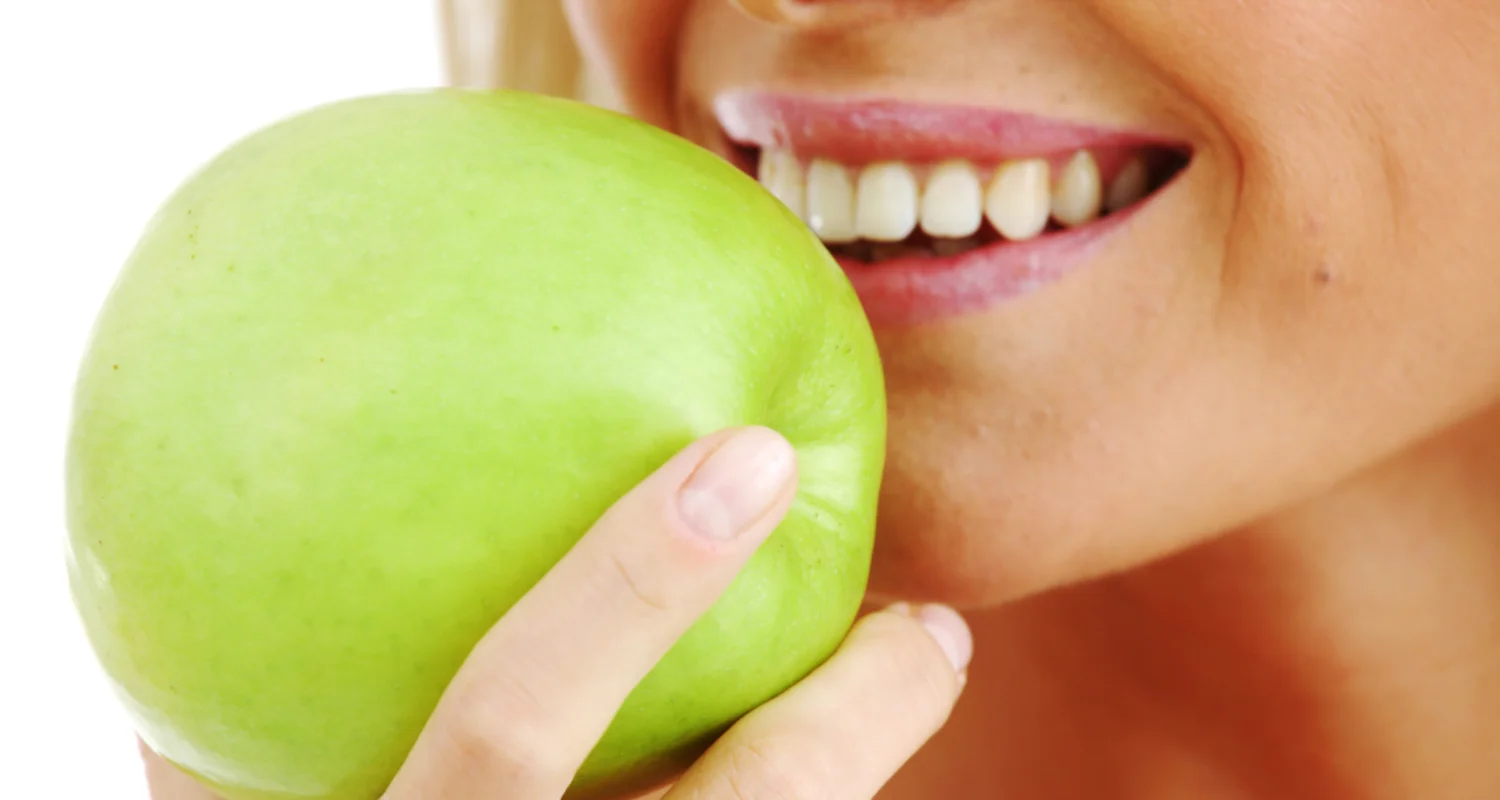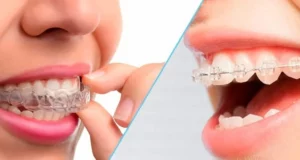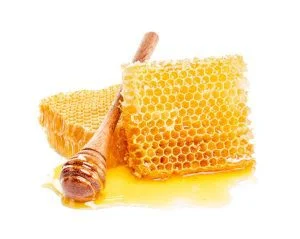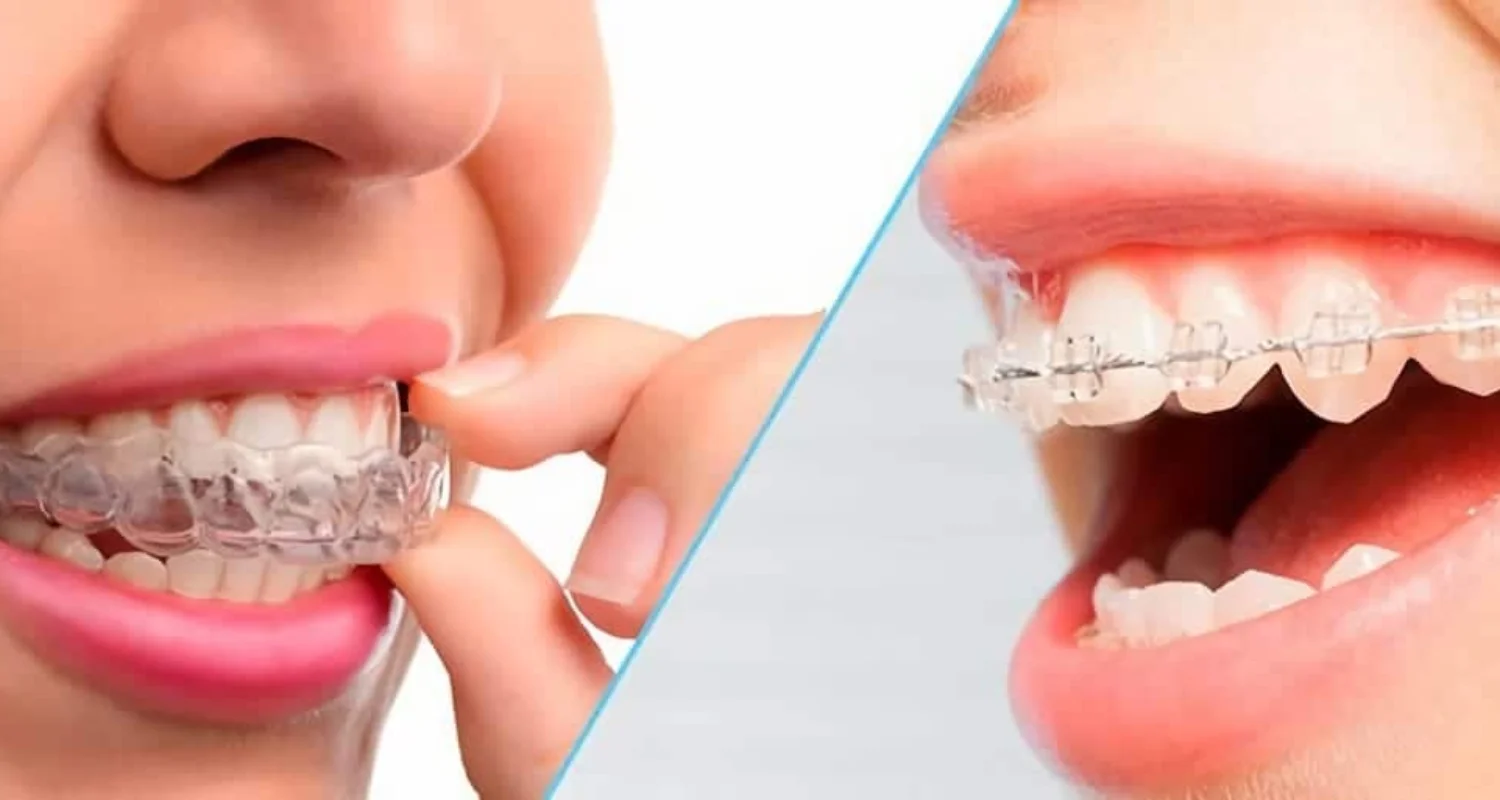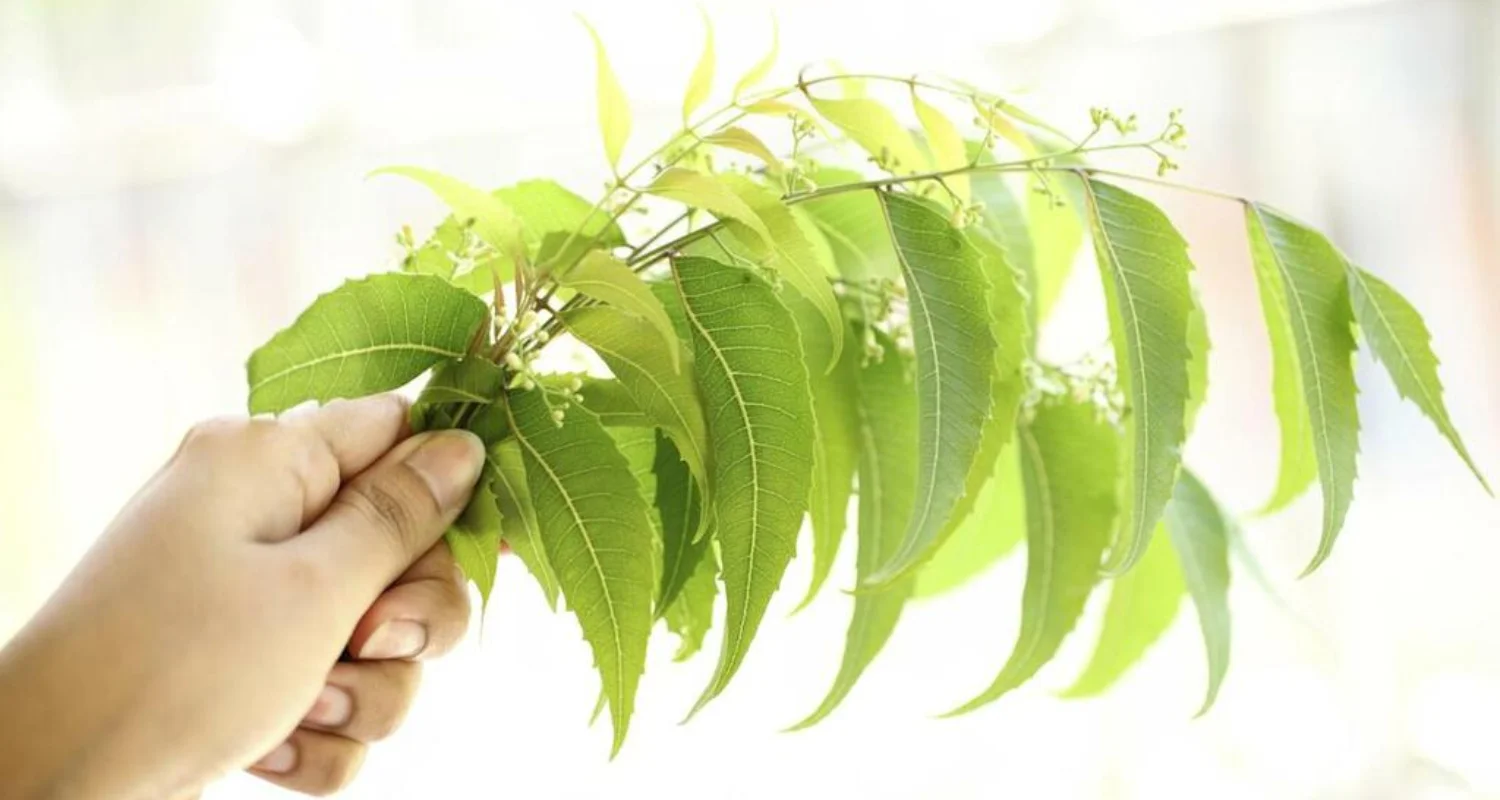Last Updated on: 27th June 2024, 09:02 am
✓ Fact Checked 🕓
❙ Our team of writers, editors, and medical experts rigorously evaluates each article to ensure the information is accurate and exclusively cites reputable sources.
❙ We regularly assess how the content in this article aligns with current scientific literature and expert recommendations in order to provide the most up-to-date research.
Apple Cider Vinegar for Teeth Whitening: Complete Guide
Given the multiple options available to whiten teeth, natural and homemade solutions are often preferred; in addition to avoiding artificial compounds, they are much more economical. It is not surprising that the use of apple cider vinegar to whiten teeth has become a popular choice. However, many questions arise in this regard: Does diluted apple cider harm teeth? Is apple cider vinegar good for teeth and gums? What are the side effects of apple cider for teeth whitening? In this article, we answer these and many more questions about this natural technique of teeth whitening.
What is Apple Cider Vinegar?
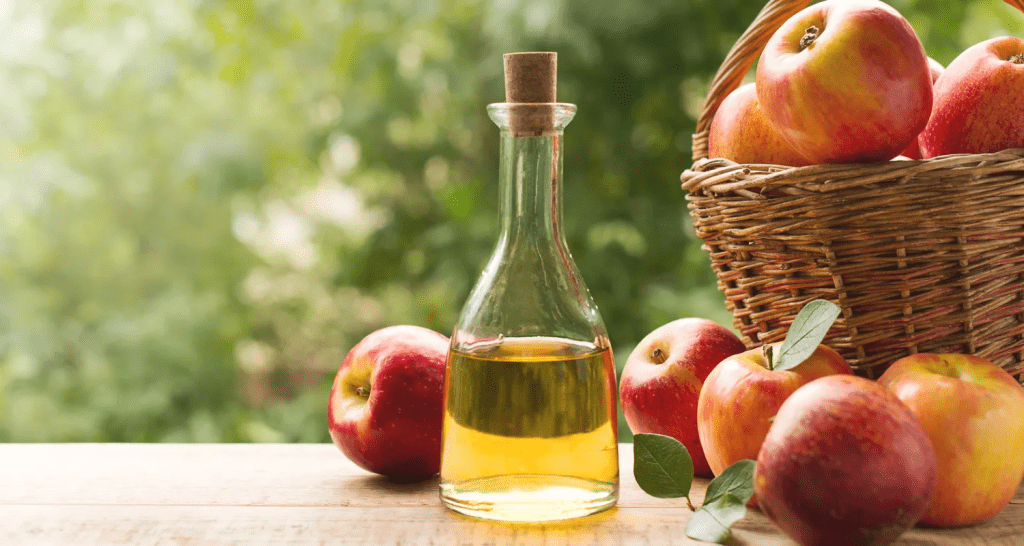
Apple cider vinegar is a natural product obtained from the fermentation of crushed apples. It is an important ingredient in cooking -especially as a salad dressing – but it also plays an important role in the field of health, thanks to its antioxidant and antimicrobial properties.
How to Whiten Teeth with Apple Cider Vinegar?
Apple cider vinegar is an acidic substance that, when it comes into contact with the tooth surface, degrades pigments that have adhered to the enamel, converting them into smaller, more soluble molecules. Thus, it allows for the removal of extrinsic stains while also substantially improving dental aesthetics.
3 Side Effects of Using Apple Cider Vinegar for Teeth Whitening
Although some studies have demonstrated the effectiveness of acetic acid for teeth whitening, it has been proven that it has multiple side effects. Research conducted in laboratories has shown that vinegar can cause loss of minerals in teeth, affecting their structure significantly. As a result, frequent use of apple cider can cause:
1. Tooth erosion
2. Predisposition to dental cavities and other infections
3. Tooth sensitivity
Safety and Precautions when using Apple Cider Vinegar to Whiten Teeth
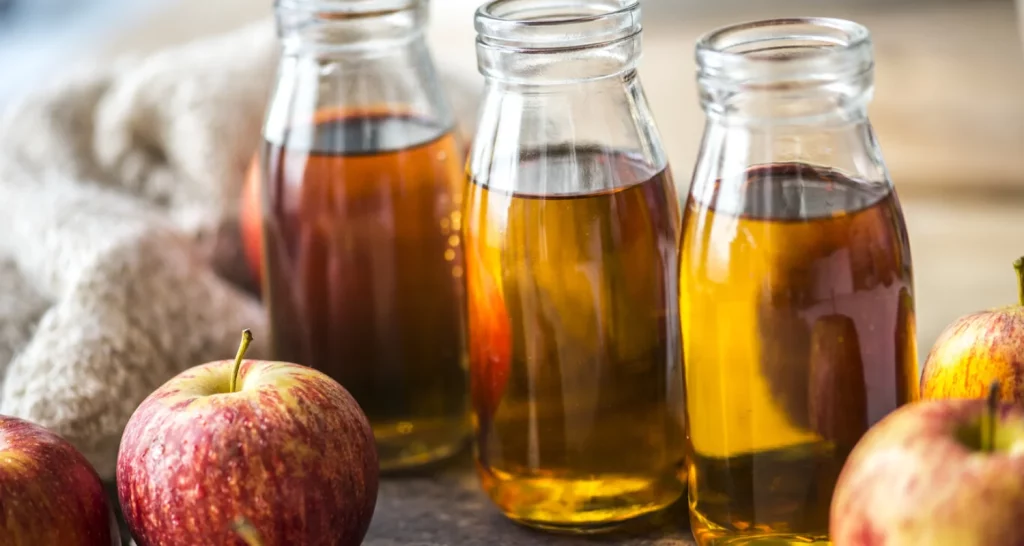
Scientifically proven use protocols have not yet guaranteed the effectiveness and safety of this product as a teeth whitener. However, some tips could reduce the known side effects:
1. Always visit a dentist to find out the origin of dental pigmentation:
Although apple cider vinegar can remove extrinsic stains, it is important to mention that teeth may show color changes for various reasons. The treatment chosen to whiten teeth depends upon the origin of the change. If the teeth have intrinsic pigmentations ( from changes inside) generated by nerve necrosis or mineralizations secondary to dental trauma, the use of apple cider or other externally applied substances will not be effective.
2. Do not brush your teeth after applying apple cider vinegar:
Being an acidic substance, vinegar weakens the tooth structure, leaving it porous. Brushing your teeth right after applying apple cider can further wear down the surface of tooth enamel, causing erosion. This predisposes the user to the appearance of cavities and tooth sensitivity. Instead of brushing your teeth, it is advisable to rinse with plenty of water.
3. Do not use this product routinely:
Like commercial teeth whitening products, the frequent use of apple cider to whiten teeth is not advisable, because it wears down the tooth structure. Inducing this wear progressively not only damages the teeth, but it also kills the good bacteria in the mouth and fosters the growth of bad bacteria, increasing the risk of tooth decay and gum disease.
4. Avoid using pure apple cider vinegar:
Diluting vinegar in water is the best way to reduce tooth enamel erosion. is to dilute a teaspoon of vinegar in a glass of water.
5. Do not exceed the recommended time:
All excess is harmful, and the use of teeth whitening products is no exception. Professional teeth whitening protocols are carried out with specific application intervals and times, in addition to procedures that help remineralize teeth. Furthermore, they are not procedures to be routinely applied indefinitely, as they can cause irreversible damage. If you opt for whitening rinses with apple cider vinegar, it is important that usage does not exceed 30 seconds a day.
Alternatives to Apple Cider Vinegar for Teeth Whitening
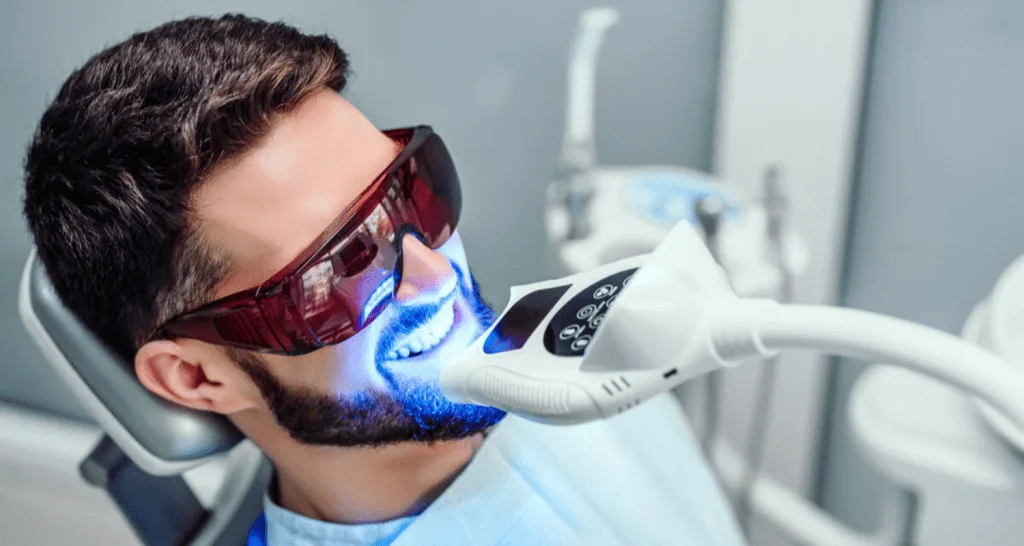
The safest and most effective alternatives to teeth whitening are, of course, professional techniques. Among them:
● In-office whitening: a procedure where a hydrogen peroxide or carbamide peroxide gel is applied for a certain time and with a specific number of repetitions for each case.
● Personalized dental splints: custom-made splints, similar to acrylic orthodontic retainers, contain a whitening gel for use at home, for specific times recommended by a dentist.
● Whitening toothpastes: toothpastes contain special ingredients to help remove surface stains. They should not be used in all cases; that their application should be supervised by a dentist.
Conclusion
Although apple cider vinegar may offer a natural solution for teeth whitening, the side effects associated with its acidity – such as enamel erosion, increased tooth sensitivity, and predisposition to cavities – raise serious concerns about its safety. These significant risks, together with the lack of scientifically proven use protocols that guarantee its effectiveness and safety, suggest that the potential benefits of whitening may not justify the possible harm to oral health.
On the other hand, while various products can effectively whiten teeth, teeth whitening techniques performed by professionals offer safer and more effective methods as compared to home remedies such as apple cider. These alternatives, supervised by experts, minimize the risks of damage to the enamel and guarantee more predictable and long-lasting results, making them the preferred option for those seeking to safely improve dental aesthetics.
Frequently Asked Questions
How long does it take for apple cider vinegar to lighten your teeth?
You can create a whitening mixture by combining two measures of cider vinegar with one of baking soda. Use this preparation to brush your teeth several days a week and maintain realistic expectations about the results. Although you won’t see changes right away, your teeth will begin to clear up after a few weeks of constant use.
Is it safe to apply apple cider vinegar to your teeth?
Despite the numerous benefits attributed to apple cider vinegar, its use on teeth may be counterproductive. Due to its high acidity, this substance has the potential to erode tooth enamel, increasing the risk of cavities. Likewise, there is no conclusive evidence that certifies its effectiveness in whitening teeth.
Is it advisable to brush your teeth after consuming apple cider vinegar?
t is advisable to avoid products that contain apple cider vinegar and require a lot of chewing, such as acidic gummies. It is also not advisable to brush your teeth immediately before or after ingesting apple cider vinegar. It is better to wait about thirty minutes. Be sure to brush gently (avoiding abrasion), opt for toothpaste with fluoride and do not use a hard-bristled brush.
Is apple cider vinegar beneficial for dental and gingival health?
The presence of acids, such as acetic acid in apple cider vinegar, has the potential to wear away tooth enamel. Therefore, excessive consumption or frequent use of apple cider vinegar in the form of rinses can be harmful to your teeth. Enamel erosion leads to increased sensitivity and an increased risk of developing tooth decay.
Share:
References
1. Frothingham, S. (Apr 26, 2019). Apple cider vinegar teeth. Healthline. https://www.healthline.com/health/apple-cider-vinegar-teeth
2. Gurarie, M. (Mar 3, 2022). Is apple cider vinegar safe for my teeth? Verywell Health. https://www.verywellhealth.com/apple-cider-vinegar-teeth-5217470
3. Abidia, R. F., El-Hejazi, A. A., Azam, A., Al-Qhatani, S., Al-Mugbel, K., AlSulami, M., & Khan, A. S. (2023). In vitro comparison of natural tooth-whitening remedies and professional tooth-whitening systems. The Saudi Dental Journal, 35(2), 165–171. https://doi.org/10.1016/j.sdentj.2023.01.007
4. Apple cider vinegar. (Jul 7, 2023). WebMD. https://www.webmd.com/diet/apple-cider-vinegar-and-your-health
5. Asaad, N., & Laflouf, M. (2022). Effectiveness of apple cider vinegar and mechanical removal on dental plaque and gingival inflammation of children with cerebral palsy. Cureus, 14(7). https://doi.org/10.7759/cureus.26874
6. Frothingham, S. (Apr 26, 2019). Apple cider vinegar teeth. Healthline. https://www.healthline.com/health/apple-cider-vinegar-teeth
7. Gurarie, M. (Mar 3, 2022). Is apple cider vinegar safe for my teeth? Verywell Health. https://www.verywellhealth.com/apple-cider-vinegar-teeth-5217470
8. Horton, J. (Jul 18, 2023). What apple cider vinegar can (and can’t) do for you. Cleveland Clinic. https://health.clevelandclinic.org/exploring-the-health-benefits-of-apple-cider-vinegar/
9. Willershausen, I., Weyer, V., Schulte, D., Lampe, F., Buhre, S., & Willershausen, B. (2014). In vitro study on dental erosion caused by different vinegar varieties using an electron microprobe. Clinical laboratory, 60(5), 783-790. doi: 10.7754/clin.lab.2013.130528


